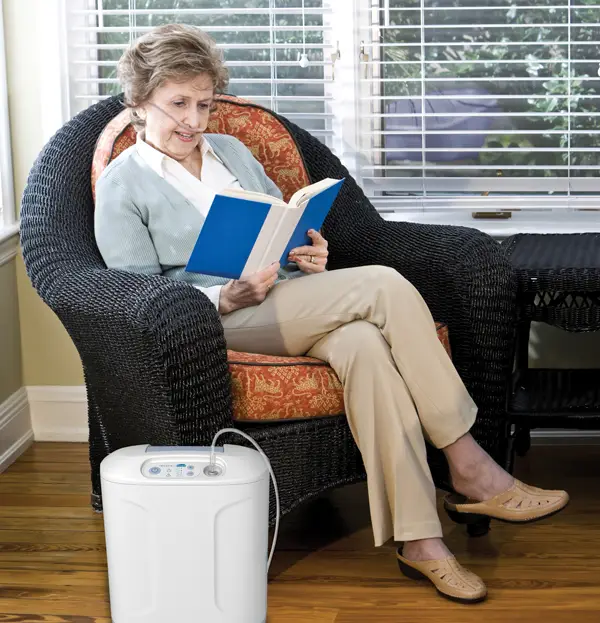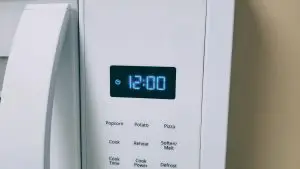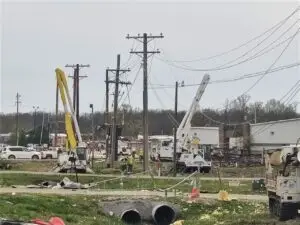Does your health rely on electricity? A sudden power outage due to severe weather or a nearby accident could leave you without power for hours or even days. Do you have an emergency plan?
Talk with your family and friends about what you would do in the event of a long power outage. Do you have an alternative place to stay? Does your town or city have an emergency shelter? Many medical devices use electricity or are battery dependent including breathing machines, power wheelchairs, oxygen portables, and home dialysis equipment. Some equipment is vital to keeping you alive! Read the equipment instruction and talk to the equipment suppliers about your backup power options.
Cellphone
Keep your cellphone charged so that you are able to call for help or be reached by someone else.
Batteries
If your devices are battery-operated, make sure you have extras on hand.
- Do you periodically check your backup batteries? Unused rechargeable batteries may need charging.
- Portable battery packs will supply hours of back-up energy.
Use the Car
Can your devices be plugged into or recharged through the power outlet in your vehicle? If you plan on using this for your backup power, make sure that you keep your vehicle’s fuel tank at least half full.
Generator
Maybe you need to invest in a generator and know how to use it safely. There are two types of generators for homeowners to choose from: portable and standby.
Standby Generator
Standby generators and installed directly to the house and are typically powered by natural gas or propane.
- These generators start automatically when the power goes out
- An approved generator transfer switch, which keeps your generator separate from the electric co-op lines, should be installed by a professional
Portable Generator
A portable generator is usually gas powered and can be moved around.
- You can power your home be plugging appliances directly into it.
- Set up and run your generator in a well-ventilated area outside the home. Make sure it’s out and away from your garage, doors, windows, and vents. The carbon monoxide generated can be deadly.
- Use a heavy-duty extension cord to connect electric appliances to the outlet on the generator.
Start the generator first before connecting appliances. - It is recommended that you operate your generator once a month for at least 10 minutes to ensure that it is running properly.
- Keep the generator where it will be easily accessible and weatherproof.
- It is advisable to have enough fuel for at least 24 hours.
Begin by identifying your basic electrical needs in the event of a power outage and calculating the number of watts needed. You may want a generator that produces more power than all the equipment combined plus the initial surge when it is turned on. Contact and electrician to determine your energy needs.
Medications
- Do you have medications that need to stay in a cool, dry place?
If the power goes out, a refrigerator should generally hold its temperature for two to four hours if you are not opening and closing it. - After four hours, empty the ice from the freezer into a cooler and keep your medication in that cooler. It should be safe in there for a day or two.
Craighead Electric Cooperative deeply cares bout the health and safety of our members. We encourage you to do the same and have an emergency plan in place. If you ever have a question, please call us at 1-800-794-5012.




